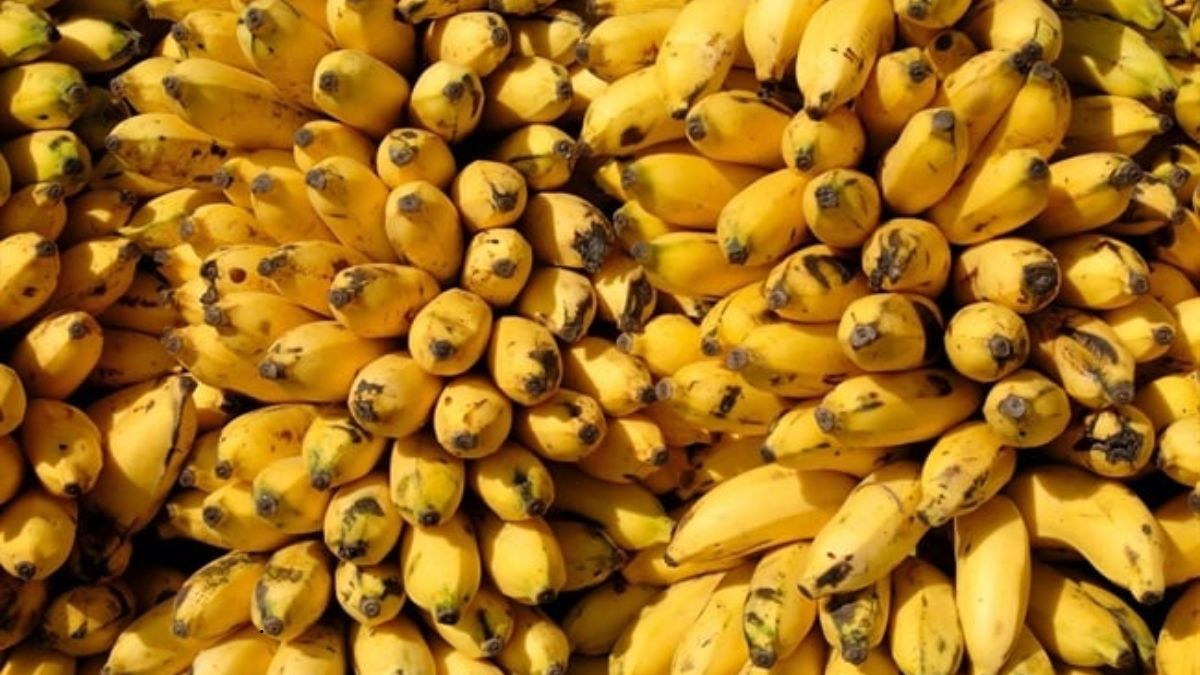
Claims by Tanzanian agriculture minister Hussein Bashe that South Africa has long restricted banana imports from Tanzania are inaccurate, according to leading agricultural economist Wandile Sihlobo.
Bashe, a politician from Tanzania’s Nzega district, recently alleged that both South Africa and Malawi had blocked Tanzanian banana imports for years, prompting Tanzania to temporarily ban South African agricultural products on Wednesday, 23 April. The ban was lifted two days later following diplomatic engagement between the two nations.
However, Sihlobo, chief economist at Agbiz, strongly questioned the basis of Bashe’s allegations. After consulting with South African officials, including Dipepeneneng Serage, deputy director-general for agricultural production and biosecurity, Sihlobo clarified to foodformzansi –
“Tanzania has never formally requested market access for its bananas in South Africa.”
He explained (via foodformzansi) that applying for market access is a standard procedure required for all countries looking to export agricultural goods to South Africa. Without such an application, legal trade is not possible.
This, he notes, explains why South Africa hasn’t imported a significant volume of bananas from Tanzania in over two decades. Instead, the bulk of South Africa’s $48 million banana imports come from Mozambique (74%), followed by Eswatini (19%), Seychelles (4%), and Zimbabwe (2%).
Sihlobo also questioned whether Tanzanian bananas could compete effectively in South Africa’s market, given Mozambique’s strong position and robust local production.
“Bashe has overreacted to these banana issues. Blocking imports from South Africa was not a productive step and cannot replace formal trade procedures,” he said.
On the impact of the ban, Sihlobo reassured stakeholders that Tanzania plays a minimal role in South Africa’s agricultural trade. In 2024, Tanzania accounted for just 1% of South Africa’s $13.7 billion in agricultural exports and only 0.4% of its $7.6 billion in imports.
He also raised concerns about compliance with SADC Free Trade Area rules, which require scientific justification for any trade bans:
“The current rationale lacks sufficient basis.”
Sihlobo concluded that while Tanzania is an important agricultural player in certain areas, the banana ban incident highlights the need for formal trade engagement over politically driven decisions.

